Vaazhvinil kudi yaerinaan;
Thondrum ichchaga vaazhvinir kaLi
Yaadhu nindridu thondralaan.
Word meaning
moondru dhegam = three (types of) bodies; marandhu = forgetting; muppadham = three stages; vaazhvu = life; kudi eru = enter (as in a house to live); icchaga (ij jaga) = this world; kaLi = enjoy;
Meaning
Our satguru Ramanan has transcended the three bodies, namely, sthula, sukshuma, kaaraNa (physical, subtle, causal) sariras. He is established in the sat-chit-ananda (truth bliss consciousness) stage as God-form and he is not swayed my the attractions of this illusory world.
SV refers to the same point in verse 5 of kummi paatu:
Moondru sareeramum thaan marandhaan Avan
Moondru avasthaigaLum than ozhithaan …
Meaning
Ramana has transcended the three bodies (namely, the gross ‘sthula’ body, the subtle ‘sukshuma’ body and the causal ‘karana’ body), …The three bodies are sthula sarira, which is gross body, suskhuma sarira, the subtle body and karana sarira, the causal body. The first is sustained by food, the second is composed of subtle energies and intellect, and the third is made of vasanas or samskaras (impressions from previous lives that cause this body to be born). With the death experience when he was a young boy, Bhagavan transcended all these limitations of bodies.
The second part of the verse reflects Bhagavan’s outlook after the death experience. SV says Bhagavan had no enjoyment in what this worldly, material life had to offer.
After the death experience in Madurai, he used to go into samadhi often. Once when he was supposed to be doing some school work, he went into samadhi, which prompted his elder brother to say, ‘what is the use of all this?’ Instead of the remark hurting him, Bhagavan saw that his brother was right and decided to leave.
On reaching Arunachala, his Father, he didn’t touch money (except once when a devotee, and an ashram worker asked him to bless it). He had no interest in enjoying various types of food. When a devotee cooked over 30 types of dishes once, Bhagavan said, ’Why all these different dishes and unnecessary effort?’. Another occasion he said, ‘For you people you find enjoyment in diversity/separateness (binnam), for me it is in unity (abinnam)’ and made a ball of all the food items on his leaf plate and ate. After the first visit to the sanctum sanatorium of the Arunachaleswara temple, Bhagavan never entered the temple again. The material world as we see it had no charm for Bhagavan. Once when someone said they can arrange a train take Bhagavan around the country so he can bless people across the nation, he said, ‘But I don’t see anything’, which reminds us of him saying ‘there are no others’ when someone asked how to treat others.
.

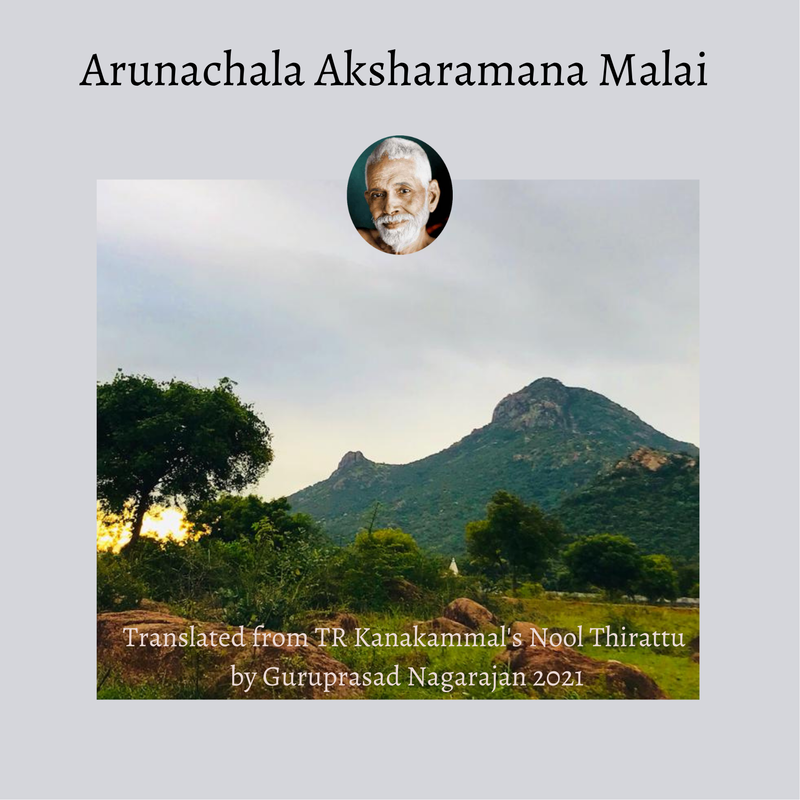
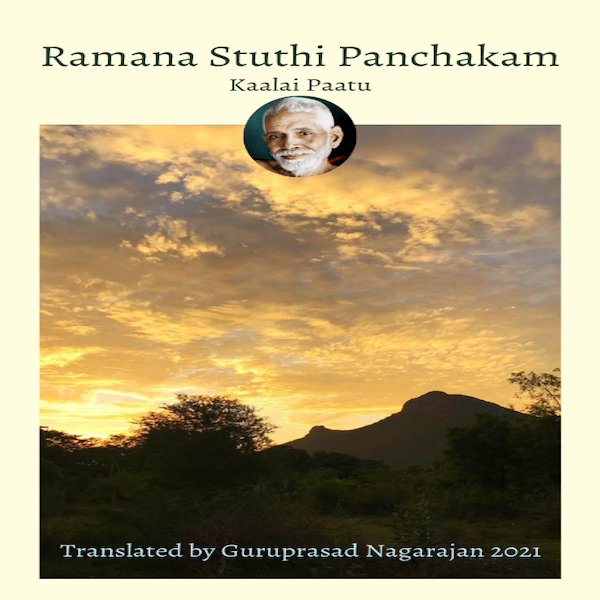
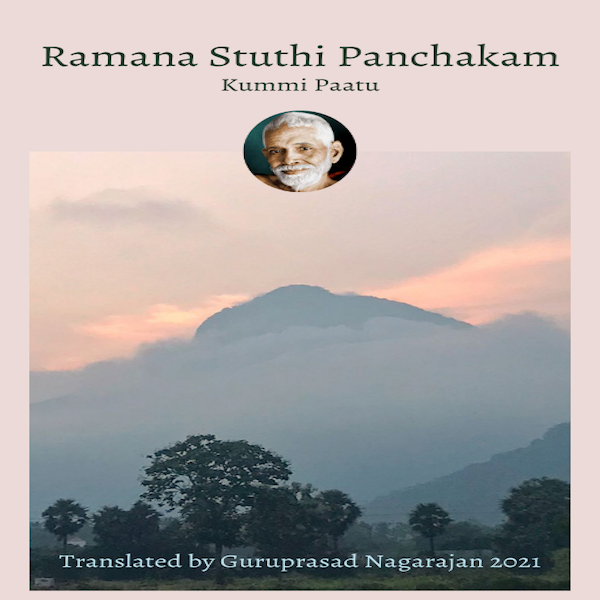
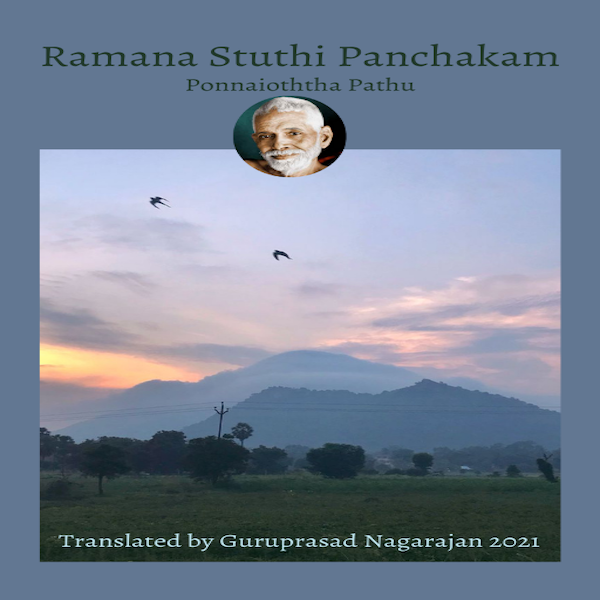
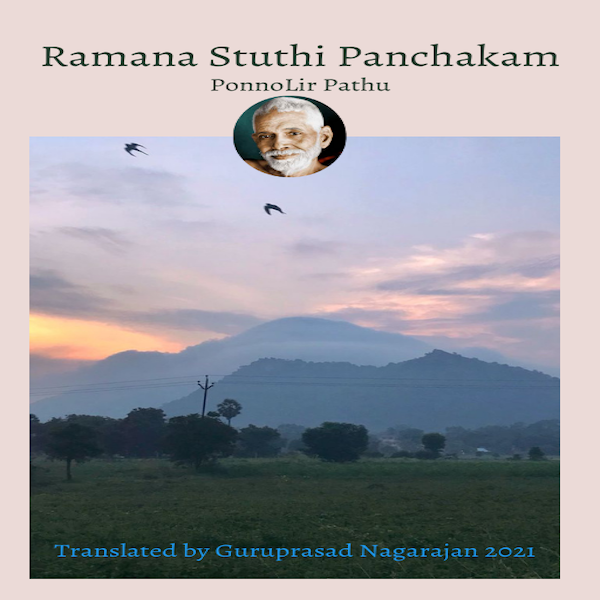
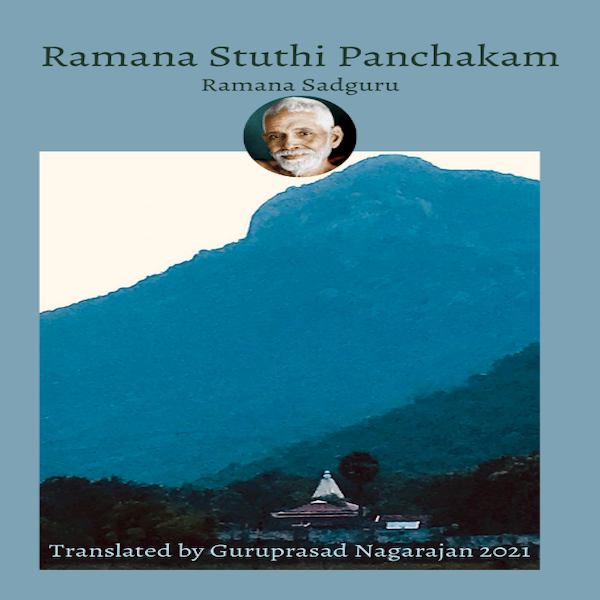
 RSS Feed
RSS Feed